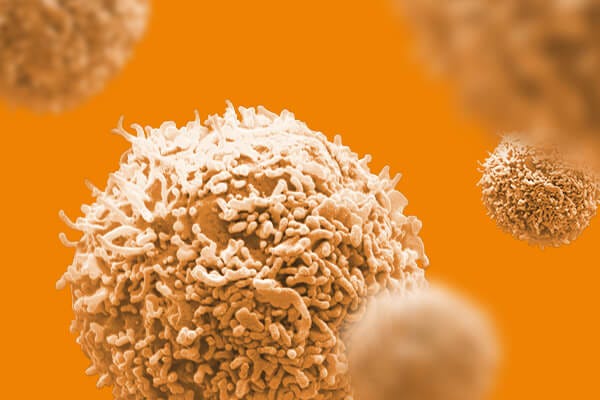Cdx1,Cdx2,and Cdx4 comprise the caudal-like Cdx gene family in mammals,whose homologues regulate hematopoietic development in zebrafish. Previously,we reported that overexpression of Cdx4 enhances hematopoietic potential from murine embryonic stem cells (ESCs). Here we compare the effect of ectopic Cdx1,Cdx2,and Cdx4 on the differentiation of murine ESC-derived hematopoietic progenitors. The 3 Cdx genes differentially influence the formation and differentiation of hematopoietic progenitors within a CD41(+)c-kit(+) population of embryoid body (EB)-derived cells. Cdx1 and Cdx4 enhance,whereas Cdx2 strongly inhibits,the hematopoietic potential of CD41(+)ckit(+) EB-derived cells,changes that are reflected by effects on hematopoietic lineage-specific and Hox gene expression. When we subject stromal cell and colony assay cultures of EB-derived hematopoietic progenitors to ectopic expression of Cdx genes,Cdx4 dramatically enhances,whereas Cdx1 and Cdx2 both inhibit hematopoietic activity,probably by blocking progenitor differentiation. These data demonstrate distinct effects of Cdx genes on hematopoietic progenitor formation and differentiation,insights that we are using to facilitate efforts at in vitro culture of hematopoietic progenitors from ESC. The behavior of Cdx genes in vitro suggests how derangement of these developmental regulators might contribute to leukemogenesis.
View Publication


 EasySep™小鼠TIL(CD45)正选试剂盒
EasySep™小鼠TIL(CD45)正选试剂盒





 沪公网安备31010102008431号
沪公网安备31010102008431号